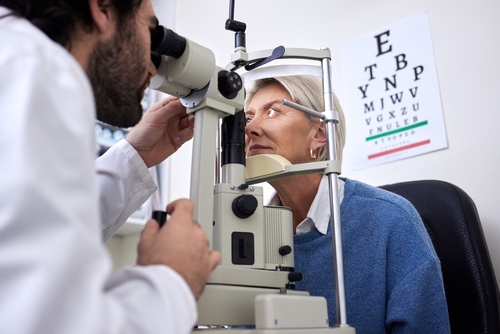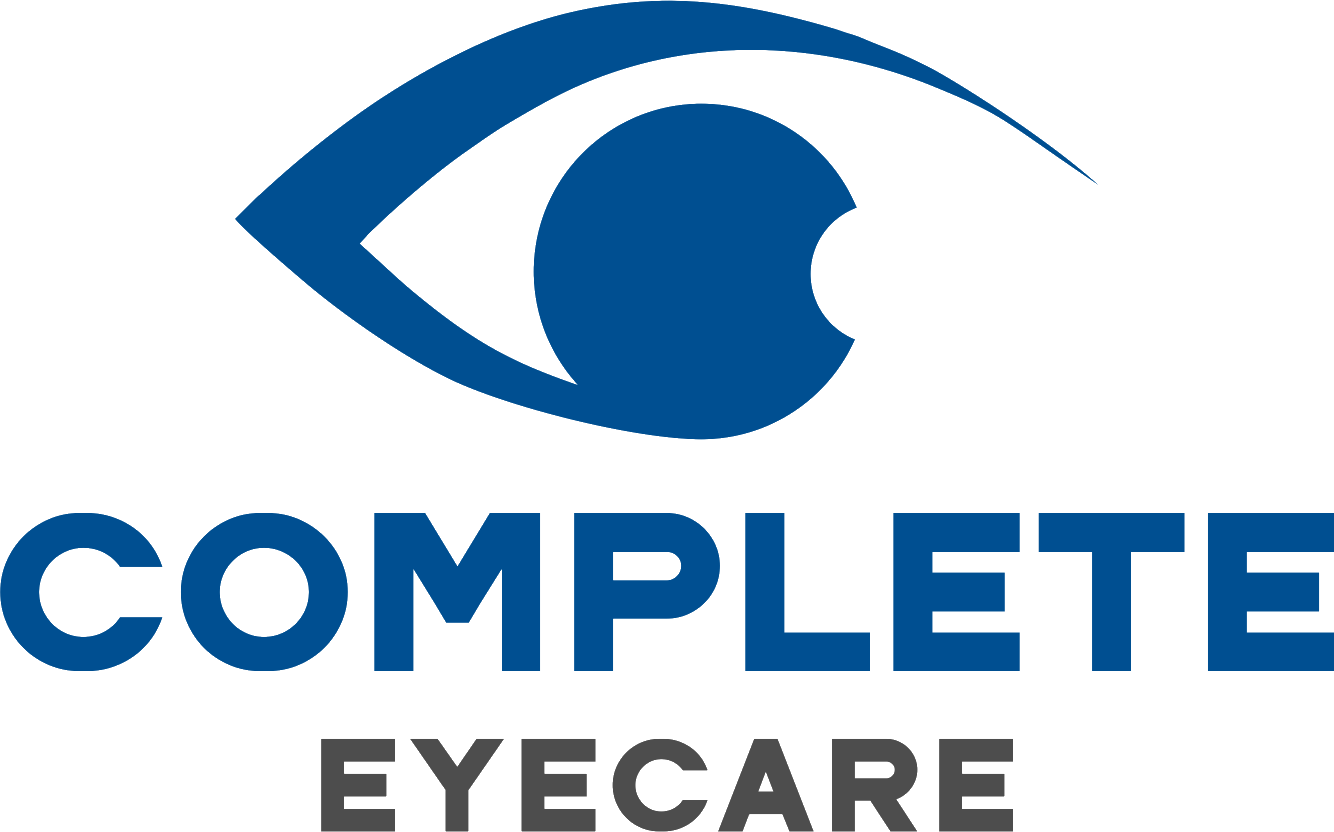
Your eyes are working incredibly hard to give you visual information all the time. Regrettably, many people frequently ignore the importance of their vision. Only when they face excruciating pain or visual loss do they seek medical help.
Comprehensive eye exams are a vital part of maintaining good eye health. They can aid in the early detection of potential eye issues. Here are signs that indicate you need a comprehensive eye exam.
Frequent Headaches or Eyestrain
Do you experience frequent eyestrain or headaches? If so, you should consider seeing an eye doctor. Eyestrain occurs when your eyes work too hard, causing fatigue, blurred vision, and discomfort. It could signal astigmatism or a need for glasses or contacts, which is detectable during an eye exam.
Blurred or Distorted Vision
Hazy or distorted vision may indicate cataracts, macular degeneration, or glaucoma. These conditions can affect your ability to see clearly and can progress over time if left untreated. Undergoing a thorough eye exam is crucial if you have blurry or distorted vision. Your eye doctor will identify the root of the problem.
Poor Night Vision
Several eye disorders can manifest as difficulty seeing at night or in low light. It is essential to schedule a comprehensive eye examination if you experience difficulty seeing in dim light. Your eye doctor at Dr. Krietlow & Associates can assess your night vision and recommend appropriate treatment options.
Double Vision or Eye Fatigue
Diplopia, or double vision, can indicate several visual conditions. These include astigmatism, cataracts, or even a brain disorder. Eye fatigue can stem from overworked or strained eyes. Your eye doctor can evaluate both symptoms while doing an eye exam to diagnose and treat any underlying conditions.
Eye Infections or Inflammation
Allergies, germs, or viruses can cause eye inflammation or infections. Redness, itching, discomfort, and discharge are some of the symptoms. It is best to visit an eye doctor for a comprehensive examination to determine the underlying cause and proper treatment.
You Notice Changes in Your Peripheral Vision
Peripheral vision allows you to see things not in your direct line of sight. Peripheral vision changes could indicate glaucoma, an optic nerve-damaging disorder. Regular comprehensive exams can help diagnose glaucoma early and prevent vision loss.
You Have Diabetes
Diabetic retinopathy, cataracts, and glaucoma are just a few eye diseases that diabetes can cause. Regular exams are crucial for people with diabetes to prevent vision loss and ensure timely treatment.
You Have a Family History of Eye Conditions
Do you have a history of glaucoma, macular degeneration, or cataracts in your family? If so, you should schedule routine comprehensive eye exams. Some eye conditions are hereditary, making early detection crucial to prevent vision loss.
Conclusion
It is critical to arrange a thorough eye checkup if you have any of these symptoms. Early detection and treatment of vision problems can help prevent severe complications. Remember that preserving your eyesight is crucial to maintaining general health and well-being.
For more on comprehensive eye exams, visit Dr. Krietlow & Associates at our Blaine, Minnesota office. Call (763) 296-8400 to schedule an appointment today.








